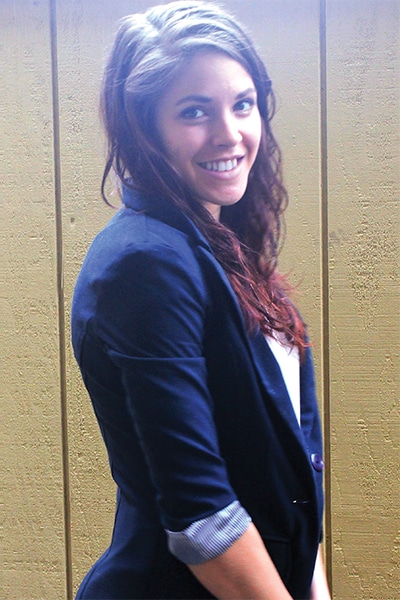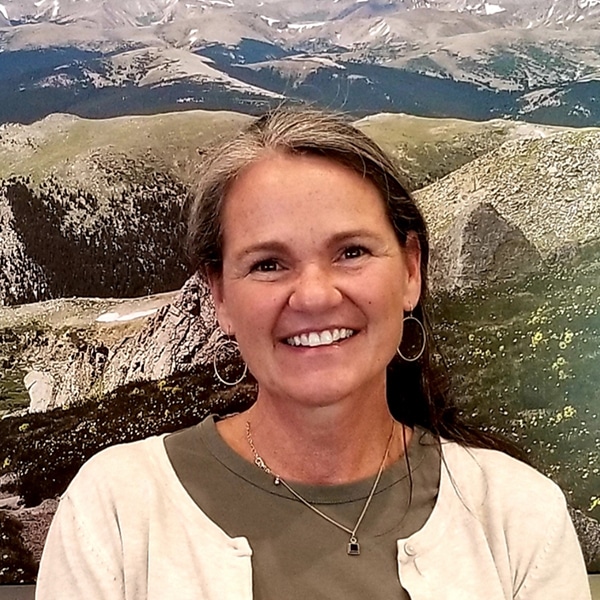May 14, 2020
Even before Vermont Law School temporarily moved its residential programs online due to COVID-19, Vermont Law School offered a robust selection of online master’s and LLM degrees in environmental law, energy regulation and law, food and agriculture law and policy, and restorative justice. Online students at Vermont Law School have access to experiential learning opportunities available all from a distance. Not only do online students have access to nationally recognized centers, programs, and faculty, but they have the flexibility to complete programs in as little as 12 months. Hear from three alumni on why they chose Vermont Law School online:
Ricardo Edwards JD’22/MARJ’19 applied to the Master of Arts in Restorative Justice (MARJ) program because “no other law school offered a degree which intersected policy, law and social justice.” Rico believes that Restorative Justice should be a way of life and finds himself utilizing what he learns in day-to-day conversations, disputes, and critical thinking. His love for the program is best captured in his own words, “I have never been around a group of faculty, staff and students wanting to change what criminal justice reform means. I have been challenged to rethink punishment, rehabilitation, and healing for survivors/responsible parties. The program provided a new vision as to what people can do to transform the lives of everyone affected by harm.” Rico networks through the online learning platform, Moodle, with his classmates. His goal is to become a prosecutor and use restorative justice in his “philosophy of lessening the harm our system often causes to survivors/ responsible parties.”

Michelle Bender MELP’15, an online Master of Environmental Law and Policy graduate, is working as the Ocean Rights Manager at Earth Law Center, where she is spearheading an innovative and paradigm-shifting solution to our ocean management challenges. While enrolled in the online program from her home state of Washington, Michelle traveled to Vermont to participate in several summer courses, including Ocean and Coastal Law. She also decided to pursue an externship and worked with Professor Sarah Reiter at the Monterey Bay Aquarium. While there, Michelle worked on a project for a partnership of aquariums interested in addressing the challenges of plastic pollution in the marine environment. She also conducts ongoing work for NOAA and the Friends of the Sea Otter, focusing on Large Marine Ecosystem governance and marine mammal protection. In 2018, she was named one of 15 Youth Ocean Leaders by the Sustainable Ocean Alliance. Michelle also serves on the Executive Committee for the Global Alliance for the Rights of Nature and is a member of the IUCN’s World Commission for environmental Law. Michelle graduated Summa Cum Laude from Vermont Law School and holds a B.S. in Biology with a Marine Emphasis from Western Washington University.

Delinda Passas MARJ’20 was enrolled in a master’s program at a different university but found herself looking for a program that would incorporate the legal perspective with restorative justice. She discovered just that in VLS’ Master of Arts in Restorative Justice (MARJ) program when searching online and enrolled in the program. Based in Colorado, Delinda relied on the Online Learning Program to “learn from and with the amazing people at Vermont Law School”. Delinda finds herself viewing interactions, at home and at work, through a restorative lens. She stated, “While in the Ethics in Restorative Justice class with Professor Clark, I experienced a shift in how I held a personal experience of harm by applying the principles she taught in class. That was unexpected and profound”. Working in the judicial system, Delinda applies and shares all that she learned in the program with her clients and is in the process of trying to start a Restorative Justice program in her judicial district. Reaching beyond her community is also important to her: Delinda’s ultimate goal is to develop alternative restorative programs for sexual assault on college campuses.